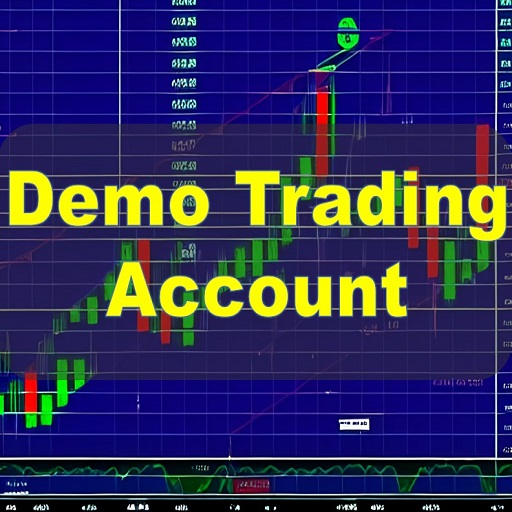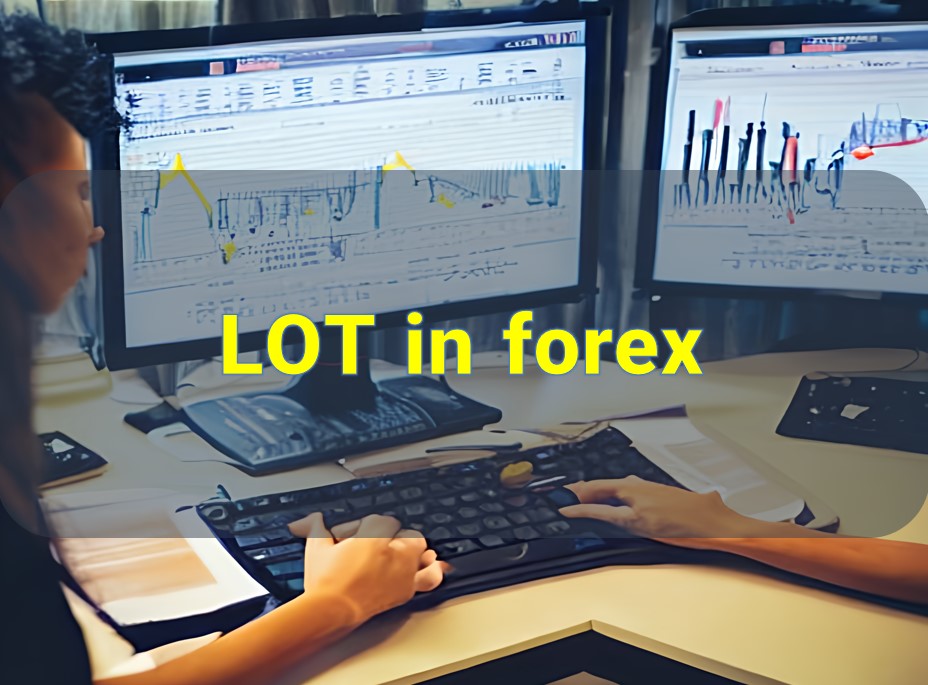A Demo Trading Account, also known as a practice account or a virtual account, is a type of account offered by financial institutions, such as banks or brokerage firms, to allow individuals to practice trading or investing without using real money. It is primarily used in the context of online trading platforms.
A demo account is designed to simulate the actual trading environment and provides users with virtual funds to trade with. It allows individuals to familiarize themselves with the features and functionalities of a trading platform, test different strategies, and gain hands-on experience in trading or investing without the risk of losing actual money.
While using a demo account, users can typically access real-time market data and execute trades just like they would in a live account. However, the trades and transactions made in a demo account are not executed in the real market. Instead, they are simulated within the platform to provide users with a practice environment.
Demo accounts are especially useful for novice traders who are new to the financial markets and want to learn how to trade or invest effectively. By using a demo account, individuals can gain confidence, refine their skills, and understand the dynamics of the market before transitioning to live trading with real money.
It’s important to note that the features and limitations of demo accounts may vary depending on the platform or service provider. Some demo accounts may have time limitations, restricted access to certain markets, or limited functionalities compared to live accounts. Therefore, it’s advisable to check the specific terms and conditions of a demo account offered by a particular institution or platform.
Advantages of a Demo Trading Account in forex trading
Demo accounts offer several advantages for forex trading:
Risk-free practice
One of the primary benefits of a demo account is the ability to practice trading in a risk-free environment. Since you are using virtual funds, there is no real money at stake. This allows you to experiment with different strategies, test trading techniques, and gain practical experience without the fear of financial loss.
Familiarization with the trading platform
Forex trading platforms can be complex, with various features, tools, and order types. A demo account provides an opportunity to become familiar with the trading platform’s interface, functionalities, and how to execute trades effectively. It allows you to understand how to analyze price charts, place orders, set stop-loss and take-profit levels, and navigate different trading tools.
Testing trading strategies
Demo accounts are ideal for testing and refining trading strategies. You can explore different approaches, indicators, or timeframes without the pressure of real money. By analyzing the outcomes of your trades, you can assess the effectiveness of your strategies and make adjustments as needed. This iterative process can help you develop a solid trading plan before risking actual funds.
Market observation and analysis
Forex markets can be highly volatile and influenced by various factors. With a demo account, you can observe market movements, track currency pairs, and analyze price patterns in real-time. This helps you develop a better understanding of how the market behaves, identify trends, and learn to interpret different indicators or economic news releases.
Confidence building
Trading can be emotionally challenging, especially when real money is involved. Using a demo account allows you to gain confidence in your trading decisions and build discipline without the psychological impact of potential losses. By practicing and refining your skills, you can enter live trading with greater self-assurance and a higher likelihood of making informed decisions.
Strategy adaptation
As you practice in a demo account, you may discover that certain strategies or techniques don’t work as expected. This provides an opportunity to adapt and refine your approach without any financial consequences. You can explore alternative strategies, risk management techniques, or trading styles to find what suits you best before risking real funds.
Market experimentation
With a demo account, you can explore different currency pairs, trading instruments, and trading strategies without any restrictions. This allows you to broaden your market knowledge and gain exposure to various trading opportunities. You can test your skills in different market conditions, such as ranging or trending markets, and understand how different currency pairs behave.
Technical indicator testing
Technical indicators play a significant role in forex trading by helping traders identify potential entry and exit points. Demo accounts enable you to test and familiarize yourself with various technical indicators without risking real money. You can assess the effectiveness of different indicators, tweak their parameters, and understand how they respond to different market conditions.
Time flexibility
Forex markets operate 24 hours a day, five days a week, across different time zones. With a demo account, you have the flexibility to practice trading at any time that suits you. You can experiment with trading during different market sessions, such as Asian, European, or American sessions, and understand how market liquidity and volatility vary throughout the day.
Strategy optimization
Demo accounts allow you to optimize your trading strategies by analyzing historical market data. Most demo platforms provide access to past price charts and historical data, enabling you to backtest your strategies. By testing your strategies on historical data, you can assess their performance, identify potential flaws or weaknesses, and fine-tune them for better results.
Confidence in risk management
Risk management is a crucial aspect of forex trading. Using a demo account, you can practice implementing risk management techniques, such as setting appropriate stop-loss and take-profit levels, managing position sizes, and maintaining a risk-reward ratio. This helps you develop discipline and confidence in managing risks effectively, which is essential for long-term success in forex trading.
Platform comparison
If you are considering different forex trading platforms, a demo account allows you to compare and evaluate their features, functionalities, and user experience. You can test multiple platforms simultaneously, explore their tools and resources, and choose the one that best suits your trading style and preferences before committing real funds to a particular platform.
Overall, a demo account is a valuable tool for both beginner and experienced forex traders. It provides a risk-free environment for learning, testing strategies, and gaining confidence before transitioning to live trading. However, it’s important to remember that the transition to real-money trading requires careful consideration of risk management, psychological factors, and the impact of real money on decision-making.
Disadvantages of demo account in forex trading
While demo accounts offer several advantages, it’s important to be aware of their limitations and potential disadvantages in forex trading:
Lack of emotional involvement
Trading with virtual funds in a demo account does not involve real emotions or psychological pressures that come with trading real money. The absence of emotional attachment can impact decision-making and risk management strategies. Traders may take higher risks, make impulsive trades, or disregard proper risk management techniques when there is no real financial consequence. Transitioning to live trading requires adapting to the psychological aspects of managing real money.
Limited market impact
Demo accounts simulate trading within the platform, and the trades do not affect the actual market. Therefore, the execution of trades in a demo account may differ from the live trading environment, where market liquidity and slippage can have an impact. This difference in execution can affect order fills, price movements, and overall trading experience.
Incomplete market conditions
Demo accounts may not fully replicate the real market conditions. For example, the spreads, commissions, and trading fees offered in a demo account may not accurately reflect those in live trading. Market volatility, latency, and order execution speeds can also vary between a demo account and a live account, potentially leading to different trading outcomes.
Unrealistic profitability expectations
Traders may achieve significant profits in a demo account due to the absence of real market conditions and emotional factors. This can create unrealistic expectations, as the actual profitability and performance in live trading may differ significantly. It’s important to approach live trading with realistic expectations based on your experience in a demo account.
Limited time availability
Demo accounts often have time limitations, and they may expire or become inaccessible after a certain period. This can restrict the amount of time you have to practice and refine your trading skills before transitioning to live trading. It’s crucial to make the most of the available demo account period and ensure you have gained sufficient experience and confidence before moving to live trading.
Overconfidence and complacency
A successful streak in a demo account can lead to overconfidence and complacency, where traders may underestimate the challenges and risks associated with live trading. It’s important to remember that trading with real money involves different psychological factors and risk management considerations. Maintaining a cautious and disciplined approach is essential even after experiencing success in a demo account.
To mitigate these disadvantages, it’s important to treat a demo account as a stepping stone and a learning tool rather than a guaranteed pathway to success. Utilize the demo account period effectively, develop a solid trading plan, and focus on acquiring the necessary knowledge and skills before transitioning to live trading with real funds.







